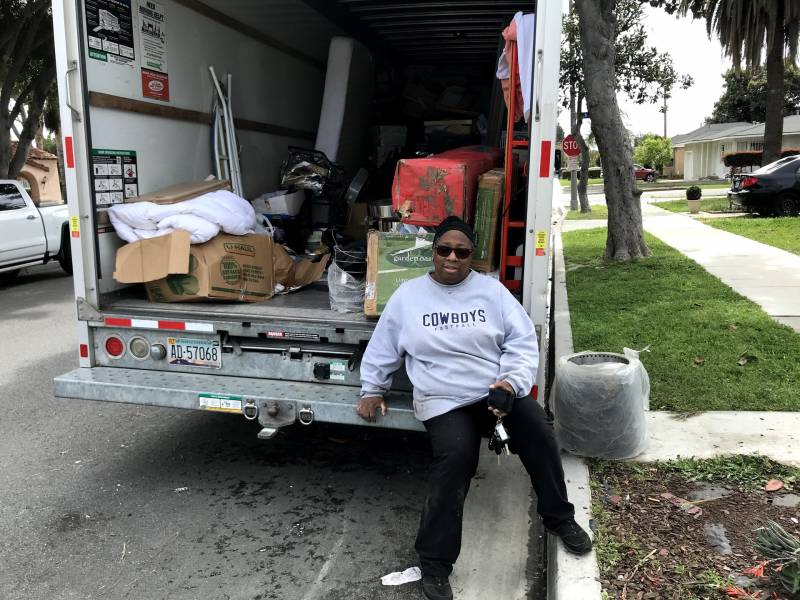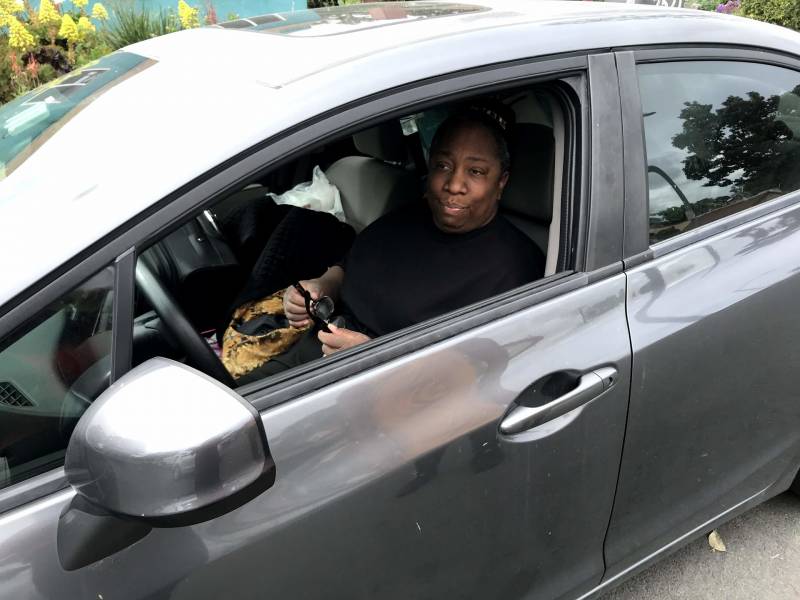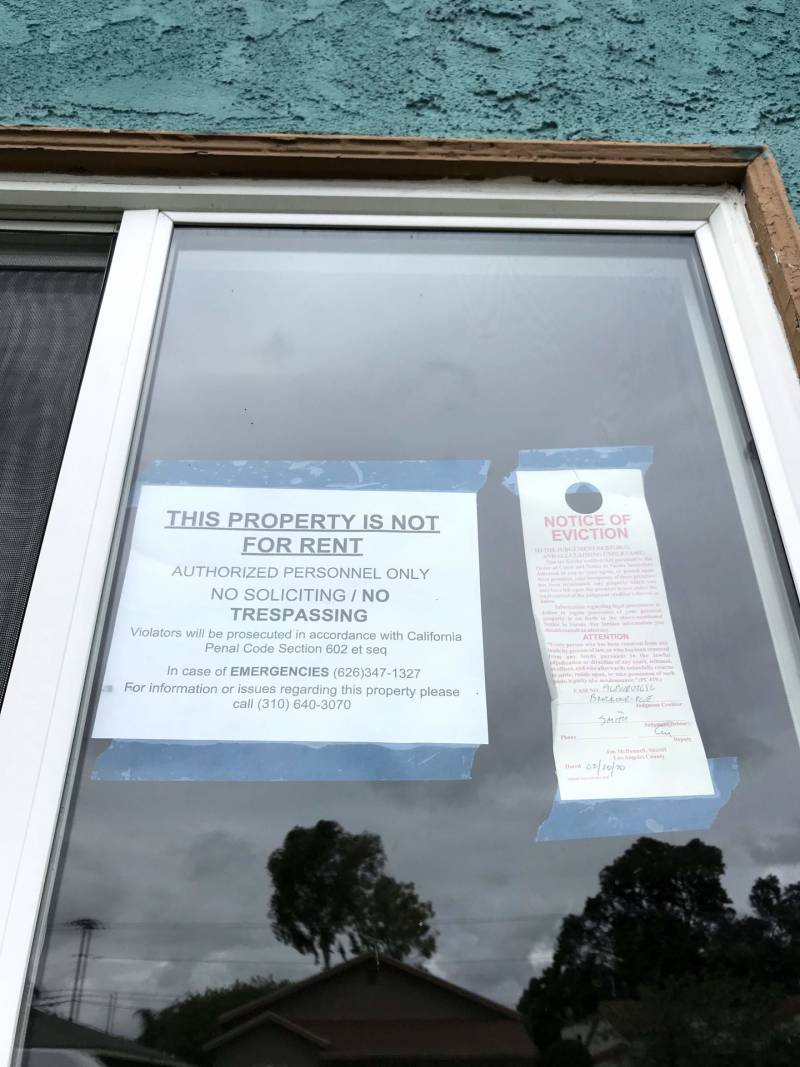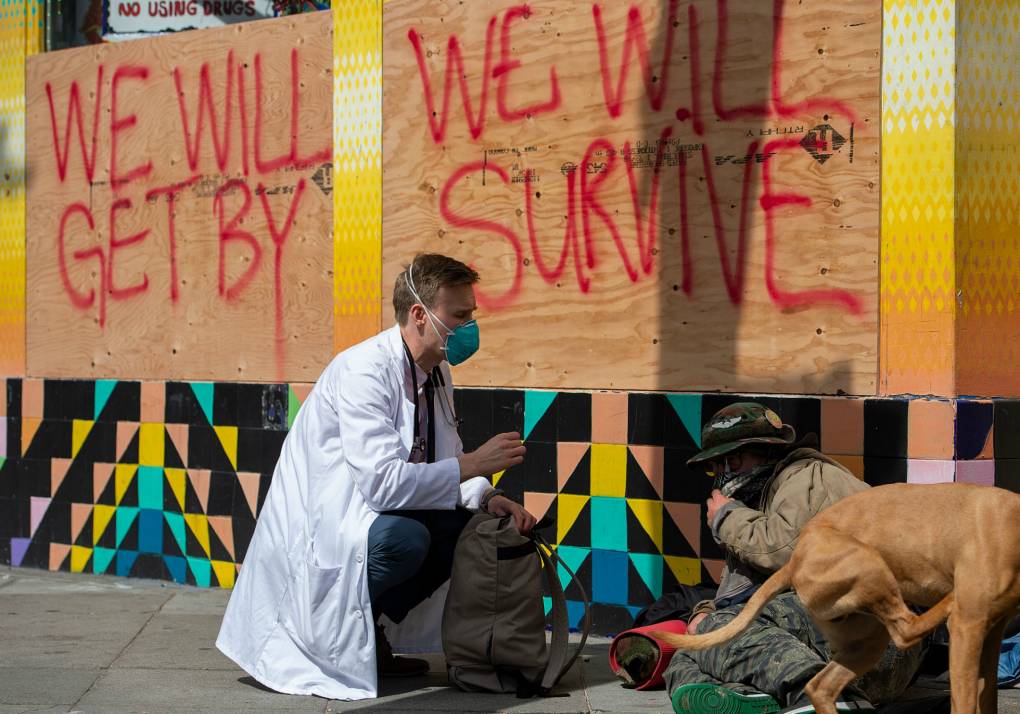Gov. Gavin Newsom signed an executive order on Monday that authorized local governments to stop evictions and foreclosures — but it’s not mandatory. Many cities like San Francisco, Los Angeles, Oakland and Long Beach already passed similar laws during the coronavirus pandemic.
But for some, these local laws came too late.
Minerva D'agne Smith Edmonson is my dad’s neighbor. I’ve known her for 10 years. She greeted me like a grandma would, gushing about how I just graduated from college.
We were in the Westside neighborhood of Long Beach, right off the freeway, where a Filipino grocery sits across the street from a black-owned barbershop. D'agne was raised here, and she’s lived here, on Fashion Avenue, for the past 20 years.
“They call me Miss Fashion,” she said. “Or number one neighbor on the block.”




